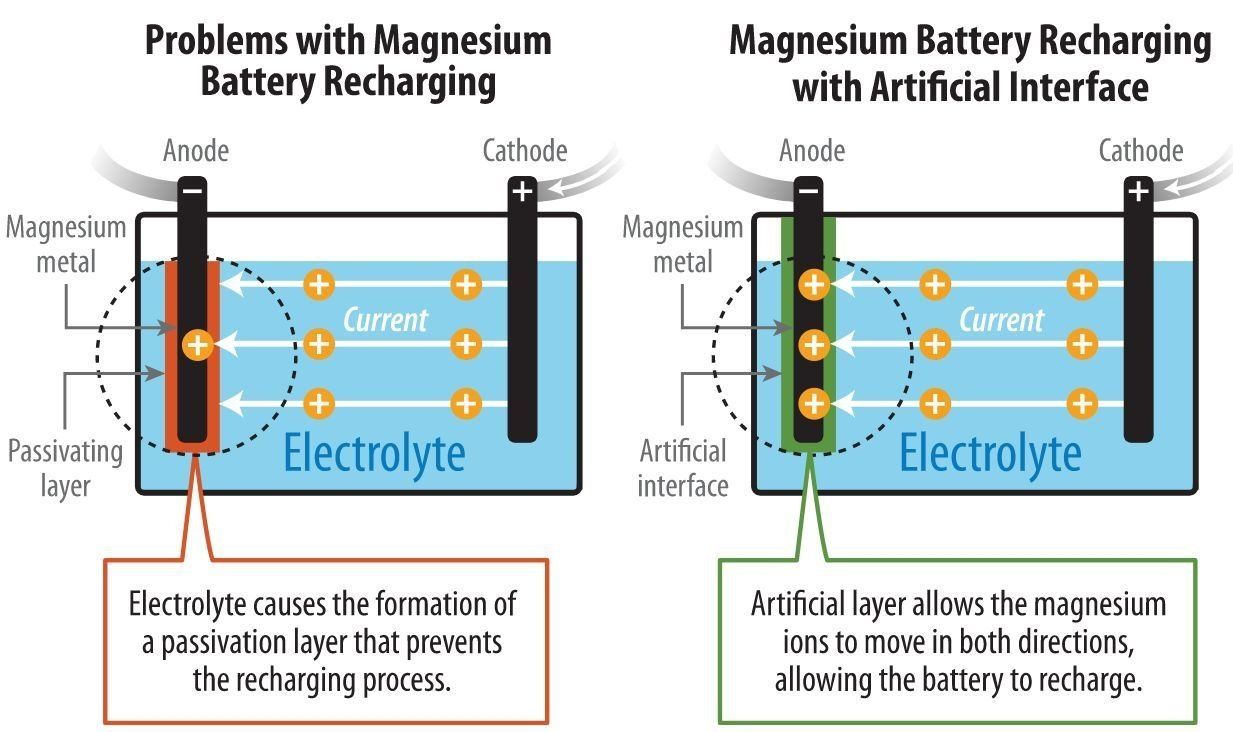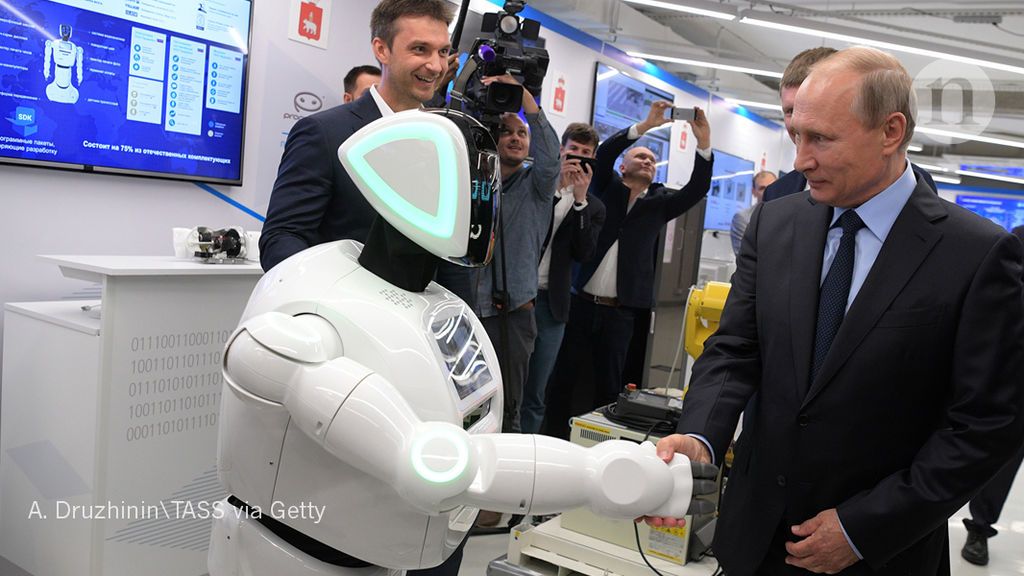YES!!!
Scientists at the Department of Energy’s National Renewable Energy Laboratory (NREL) have discovered a new approach for developing a rechargeable non-aqueous magnesium-metal battery.
A proof-of-concept paper published in Nature Chemistry detailed how the scientists pioneered a method to enable the reversible chemistry of magnesium metal in the noncorrosive carbonate-based electrolytes and tested the concept in a prototype cell. The technology possesses potential advantages over lithium-ion batteries—notably, higher energy density, greater stability, and lower cost.
NREL researchers (from left) Seoung-Bum Son, Steve Harvey, Andrew Norman and Chunmei Ban are co-authors of the Nature Chemistry white paper, “An Artificial Interphase Enables Reversible Magnesium Chemistry in Carbonate Electrolytes” working with a Time-of-flight secondary ion mass spectrometry. The device allows them to investigate material degradation and failure mechanisms at the micro- to nano-scale. (Photo by Dennis Schroeder / NREL)









